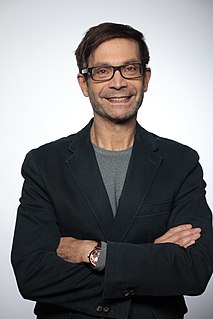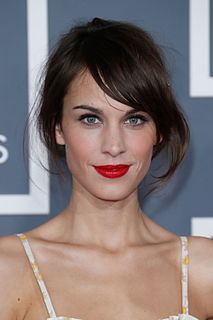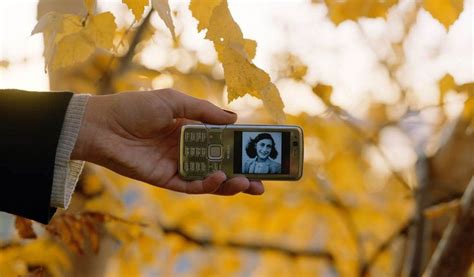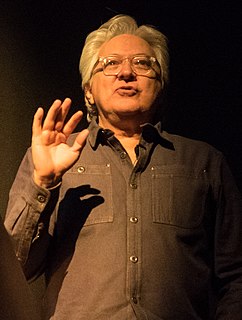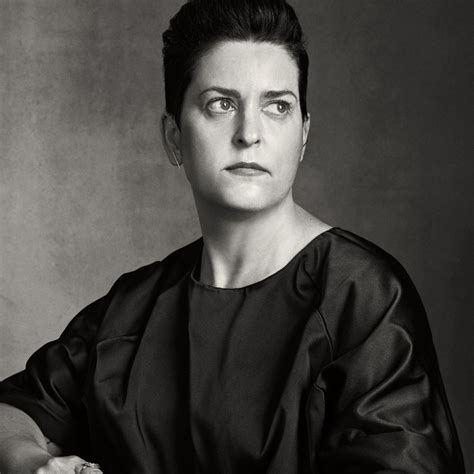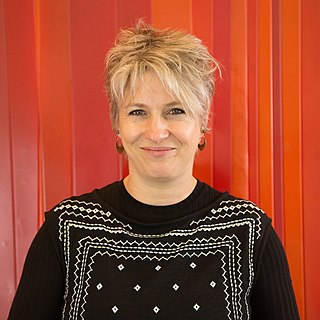A Quote by Anton Corbijn
My photography is very European. In America, I always get the sense that people are comforted by understanding what they're looking at. Photography's quite clear here [in the U.S.], it's very well-explained. My photography's perhaps not as well-explained.
Related Quotes
I collect art on a very modest scale. Most of what I have is photography because I just love it and it makes me happy and it looks good in my home. I also have a pretty big collection of art books mainly, again, on photography. A lot of photography monographs, which is great because with photography, the art itself can be reproduced quite well in book form.
I chose makeup over photography because there was something very sensual about makeup that I loved. But photography was always in the back of my mind. That was always something that I was very connected with: looking at magazines, enjoying photography, and then taking pictures myself when I was a kid.
It was only after a while, after photographing mines and clear-cutting of forests in Maine, that I realized I was looking at the components of photography itself. Photography uses paper made from trees, water, metals, and chemistry. In a way, I was looking at all these things that feed into photography.
It's shot by Ben Rayner who I think is very talented at doing portrait photography as well as fashion photography. His images never look like a model. You know, it doesn't look like a faceless model just wearing whatever. There's always personality that comes through. That was quite important for me to capture.
Photography's relationship with pornography is as old as photography. That kind of unholy relationship is formed from the very beginning, and there's a reason why: it's thoroughly enjoyable to be that voyeuristic. Voyeurism is a very old modality, and most of the history of photography is in some way related voyeurism.




